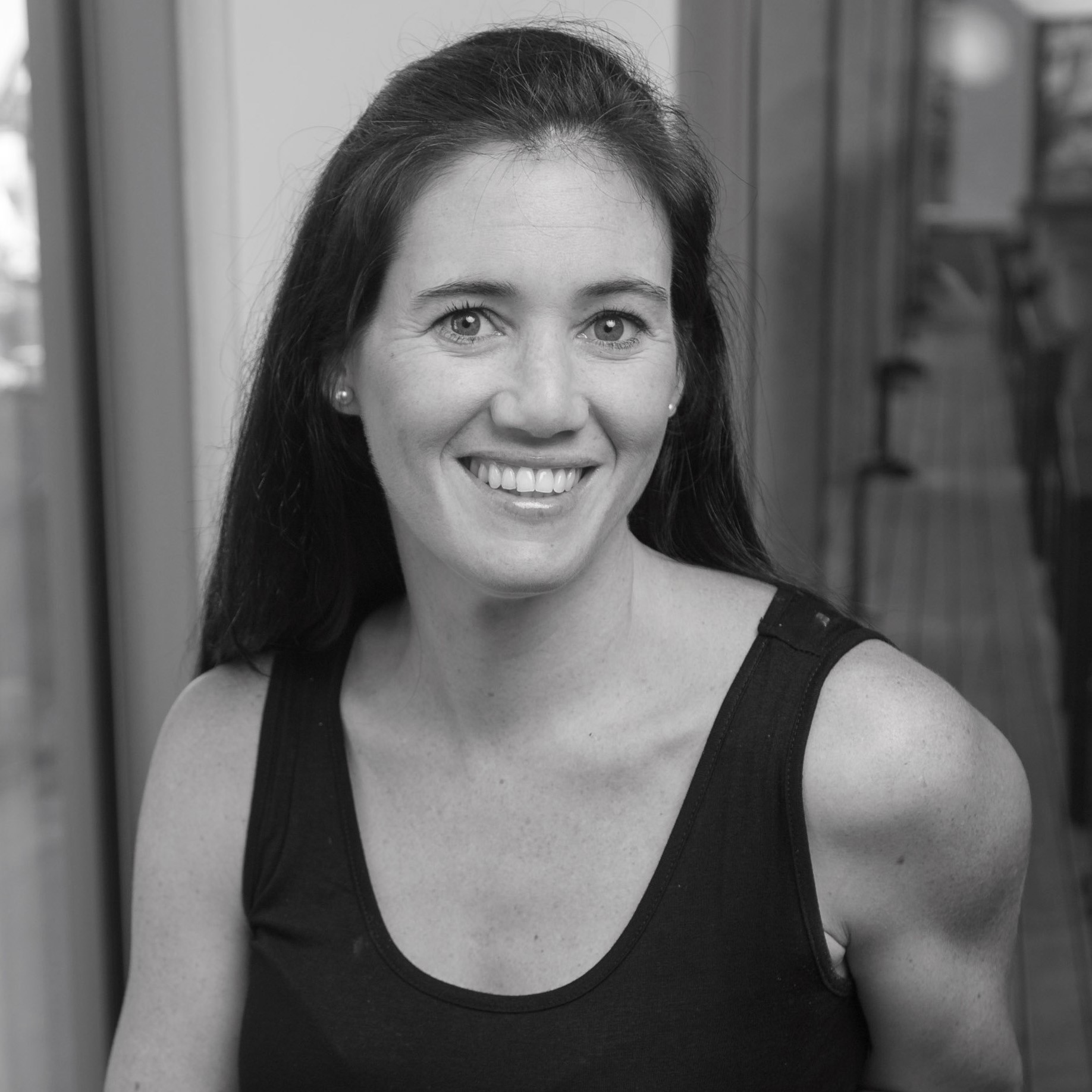The beginning of a new year brings with it a slew of articles about the future: What’s next? What’s new? What do I need to know?
In truth, it’s an arbitrary line in the sand: what was big in 2017 is still big news in 2018. There are no huge evolutionary leaps - the fundamental truths of marketing still apply - but what we do see are smaller evolutions of marketing strategy, customer experience or technology becoming more widely adopted by or available to smaller businesses.In truth, it’s an arbitrary line in the sand: what was big in 2017 is still big news in 2018. There are no huge evolutionary leaps - the fundamental truths of marketing still apply - but what we do see are smaller evolutions of marketing strategy, customer experience or technology becoming more widely adopted by or available to smaller businesses. Keen to know the thoughts of our marketing directors, we put the question to them: What will define the marketing landscape for small and medium sized businesses over the next 12 months?
1. Instagram overtaking Facebook
Este Pretorius, one of our Gauteng Marketing Directors says that “In 2017 Instagram announced that approximately 800 million use the platform every month. Their latest tool, Instagram Stories, became more popular than Snapchat just one year after going live. Since brands tend to see better engagement on Instagram than any other than any other social media platform, and because of great advertising controls, Instagram is poised to become the go-to channel for brands interested in social media marketing.”
2. Chatbots
Cal Graham, cites the rise of chatbots as one evolutionary leap for businesses to grasp. “Chatbots are becoming smarter, more affordable and more effective. Twelve months ago, farming out customer service could be considered a risk, now, the technology is actually really effective.” she explains. “New tech is exciting, but real, effective change only comes when everyone gets something out of it. Chatbots fit that bill. For customers, they’re instantly useful, for businesses they’re cost effective.”
3. Accountability and measurability
Further to brand authenticity, Joel Serman from Cape Town believes that “the days of “brand building” as the agreed end are over – marketing needs to generate empirical results, be it leads, sales, views etc. Marketers are more accountable for results now than ever before.
4. Subject matter experts win in B2B
Peter Ivanoff from our Gauteng team says that “For most, 2018 will be the year that subject matter experts finally take over from the traditional sales professional. B2B audiences have become all too familiar with traditional sales tactics and with the internet they have access to information about suppliers, their products and the various pros and cons. BUT customers still want insight, and that’s where subject matter experts play a major role in providing information to facilitate B2B business transactions.
5. Brand Authenticity
Carolyn Dobbie from our Cape Town team says “There is going to be a stripping down of brands ‘trying to be all things to all consumers’ to the bare basics of what the brand is and what it sells. Authenticity in brand identity demands that the brand is stripped back to its essence and positioned and differentiated on what is real and provable.” Brand identity and authenticity are becoming important in an environment where so many brands are trying to cover all bases and have become “all things to all people”.
6. Improving the customer experience
Mark Harris from our UK Home Counties team: “A focus on customer experience and relevant personalisation will be paramount for successful marketing strategies,” Mark says. “This personalisation matters across all devices, but especially mobile.” For small and medium sized businesses this means clever segmentation of data and targeted content - think emails and blogs for prospects at specific points in the sales funnel.
7. Bricks and mortar fighting back
Rebecca Nicols in the UK South East team, and Jason Russell from the UK London team, focus their attention on an ailing high street.
“In 2018 we'll see some interesting in-store retail concepts with bricks and mortar stores fighting back against the strength of e-commerce and online channels. Lots more in store experiments, less focus on selling and more focus on experiencing the brand,” Rebecca says. While Jason “...would like to see more of an adventurous omni channel approach from bricks and mortar companies with serious e-commerce presence.”
8. Marketing comms
In the world of marketing communications, the biggest change in 2017 came from Google’s announcement of its Mobile First Index. With 55% of all internet traffic now coming from mobile, Google has said it will prioritise sites that perform well on smartphones.
The long and the short? As Cal Graham says: “Businesses need to have a mobile-first strategy. Rather than websites simply being optimised for mobile they actually need to be designed for the thumb.”
9. Ecommerce
Karen Laubscher from Cape Town says that “although South Africa is behind the trend globally, ecommerce remains a key focus for retailers and is seen as a huge growth opportunity." This coupled with “the power of social media becoming far more credible and disruptive than traditional advertising” creates a massive opportunity for ecommerce.
The bottom line
If there’s one key takeaway from all these predictions, it’s ‘put the customer first’. Know what data you have at your disposal, make your marketing materials highly targeted, understand your customer’s experience of your brand from start to finish and make every step of that relationship a delight.
It’s often said that a business’ biggest asset is its employees. At a time where everyone has access to social media and their voices carry, you could argue that your biggest asset is actually your customers. Understand what they want and deliver it, and watch growth accelerate in 2018.
Image credit:
By Tokujin yoshioka inc. (Own work) [CC BY-SA 4.0], via Wikimedia Commons
